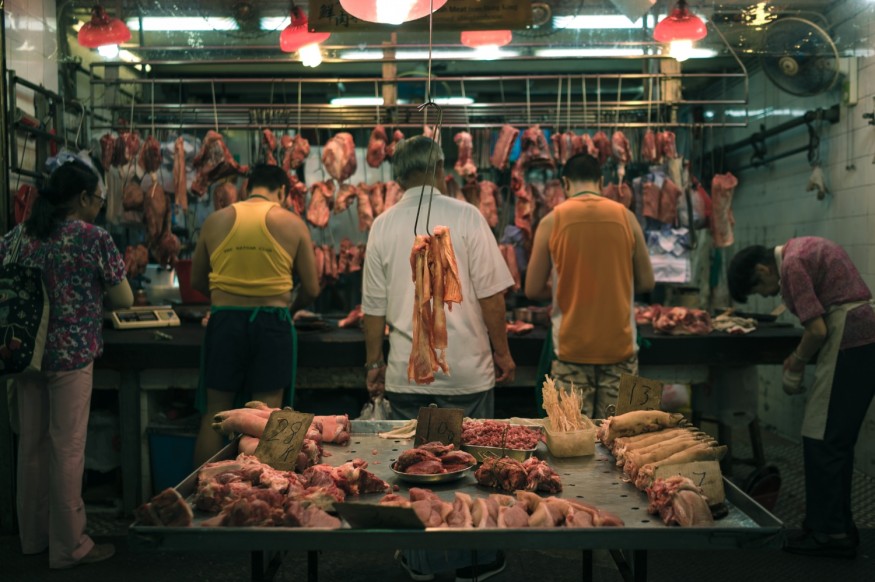
Many researchers are working tirelessly to understand the sources of greenhouse gases as these gases continuously contribute to the alarming warming rate of the planet.
Greenhouse gases
Greenhouse gases accumulate in the atmosphere that prevents the release of heat radiations and keeps them inside the planet.
There are various reasons behind the build-up of these gases in the atmosphere, from the burning of fossil fuels to the heat that emanates from old diesel motor engines. However, unbeknownst to many, one of the largest contributors to releasing these gases is food production, specifically meat. The impact of meat production is listed among the other largest leading contributors to pollution, especially in producing planet-killing greenhouse gasses.
Gas Emission From Meat Production
According to the United Nations' Food and Agriculture Organization (FAO), total Carbon emissions from global livestock can reach up to 7.1 gigatons of Co2 per year.
For years, people have been trying to mitigate the possible effects of the influx of greenhouse gases in the atmosphere by lessening the production of the new batch of gases. One of the most common solutions people saw in combatting these gases is steering away from these gases' primary sources. This includes the promotion of electric vehicles to lessen carbon footprints from cars and the rise of organic farming to minimize the release of harmful wastes and gases from commercial livestock.
Commercial VS Organic Meat Production
Commercial farming looks like it is way better in mitigating wastes compared to commercial production. But, this might not be the case. As in a new study conducted by researchers from various universities in Germany, they discovered that organic meats' meat production process could create as much amount of greenhouse gases compared to the commercial or conventional meat production process.
Their study revealed that the difference between the gas emissions from commercial meat production compared to those who grow their livestock organically is actually very little.
The German researchers revealed that even though emissions caused by fertilizers and other chemicals and substances used in commercial food production are lessened when it goes to organically growing animals, these are often leveled by the increase of methane production as a result of the slower growth process of the animals. Plus, to keep up with the demand, these organic farmers also have to increase their supply by raising more animals because organically grown livestock like chickens, cows, and pigs, produces less meat compared to ones raised in commercial farms.
Among the three most commonly sought-after meat products (beef, pork, and poultry), beef production carries little to no difference in leaving carbon emissions whether grown organically or for commercial productions.
Possible Solution
Given the fact that the organic substitute to commercial meat production also causes an equal or near-equal pollutant gas emission, maybe the only solution to truly mitigate the effects and lessen the creation of greenhouse gases caused by food production is to reduce animal consumption. By decreasing the demands, producers will be forced to reduce the supply to avoid creating a surplus. Necessary changes had to be made to at least minimize the damning effects of climate change.
© 2025 NatureWorldNews.com All rights reserved. Do not reproduce without permission.





